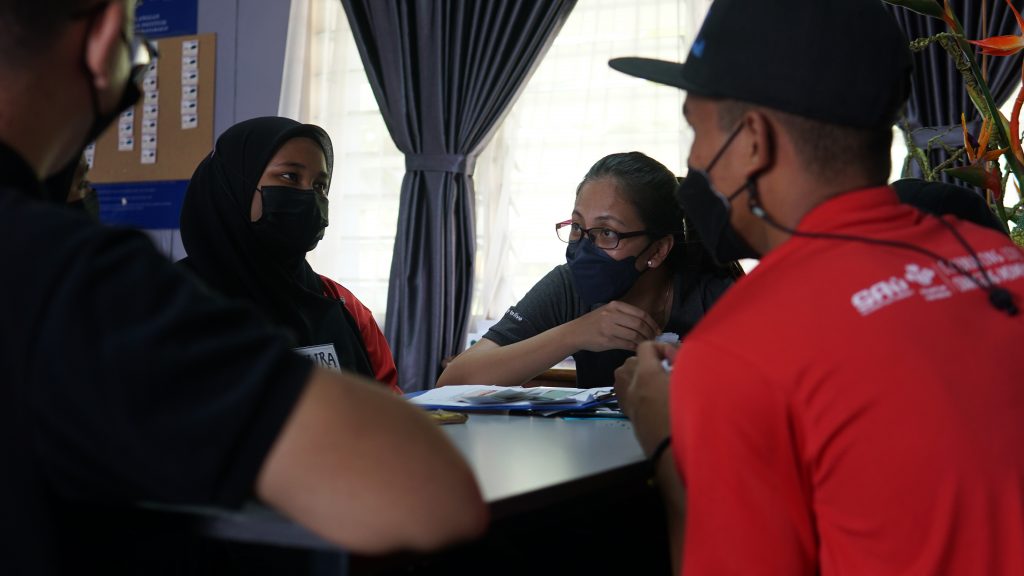By Alina Amir

Earlier this year, the team got an opportunity to run one of our flagship programs for students at a moral rehab center. The students were full of energy, they were able to express their thoughts and dreams, they were on tasks throughout the short program. I could not help myself but to think of why/how did all of them end up here. What offense could these young bright students have committed to have been taken out of school and placed here? At the end of the program, my team shared with me a conversation they had with the students. One of the students was explaining how he enjoyed being at the rehab center because they get to learn skills and knowledge that were otherwise not provided to them at a normal school, our program being one example. I also got to know that some of the students would repeat their offences so that they could come back to the center. As an educator, as a mother, as a fellow human being, this was heartbreaking to hear.
As I was reflecting on this experience, it got me thinking about what it means to be providing quality education for all. What would it look like when we achieve it? What kind of approach would teachers take in school? How would they teach? What would our schools look like? What will be the experience of our children? What about school and education would they love so much? Would I be able to see this in my and my children’s lifetime?
So this year, we’re challenging ourselves to revisit and answer these questions through the program that we design. How are we considering relevance and meaning in its content? How are we considering engagement, reflection and mastery for students? How will the content empower our students to be life-long learners, to pursue learning even at the end of the program? We’re working alongside students to design our next robotic series under Future Skills for All, we’re working on meaningful project-based learning with undocumented students from Buku Jalanan Chow Kit, we’re releasing bite-sized student courses that could fit in tiktoks and reels where our students are spending time on anyway, and we’re working with experts to help teachers make meaning in their profession through action research in the classroom.
This year, we’re bringing difficult conversations to the forefront. We want to talk about aspirations, privileges, barriers, fear & judgement around gaining skills, knowledge & opportunities. We want to share our stories and the stories of our beneficiaries as we go through this experience together. You might have seen this on our social media platform where we started off the year talking about financial literacy and social-emotional learning for our students.
This year, we’re also deliberately putting more focus on inclusion. We’re revisiting our content and thinking about all the different challenges a child on every level of the spectrum can face with it. We’re working on accessibility, working with special needs educators to add sign language into our video content, and designing offline kits for those who do not have access to infrastructure. As much as we’re thinking about reach, we want to make sure it reaches a powerful enough depth for our students to change behaviors and mindsets.
So we work, as a team, as if we have achieved that ideal world where everyone receives a quality education, however that would look like today.
To me, that world isn’t in the future. It is in our everyday work, everyday conversations, and everyday reflections.
Schools here and everywhere should be welcoming enough for every child to know they are loved and cared for. Schools everywhere should strive to provide meaning and relevance for every child that enters. I implore my team and everyone reading to look at the world with a lens that things can always be better and we are capable of making that change, now in the moment. Because only then can we see the changes in our lifetime.
